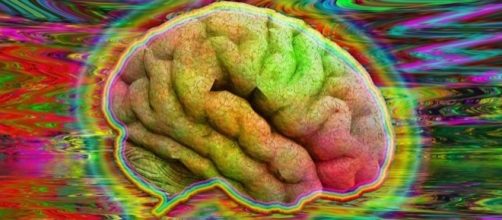Research undertaken by the University of British Columbia and University of Alabama at the Birmingham School of Public Health and led by Associate Professor Peter S. Hendricks, Ph.D., suggests hallucinogenic or psychedelic therapies such as psilocybin or LSD may have evidence based potential for reducing Intimate Partner Violence (IPV).
Is psychedelic therapy the most promising mental health breakthrough in decades?
Hendricks describes the benefit these increasingly validated methodologies could serve global public health delivery systems: "A body of evidence suggests that substances such as psilocybin and LSD may have a range of clinical indications.
One explanation is that they can transform people's lives by providing profoundly meaningful spiritual experiences that highlight what matters most."
The current research is limited in that it only focuses on a sample size of 302 adult males who were referred to the study through their connection to the criminal justice system. Nonetheless, the researchers found that of 56% of participants who reported using hallucinogens, only 27% percent were later arrested for IPV. Among the control group who had never used hallucinogens, 42% were found to have engaged in IPV. The researchers view these statistics as supporting a model for the therapeutic benefit of psychedelic drugs.
Though more research is needed at this time, this current study adds to an emerging body of research which seems to indicate the therapeutic potential of hallucinogens in treating post traumatic stress disorder, depression, addiction, anxiety and many other mental health and social issues.
Due to prohibition on the part of many world governments, despite being known to researchers for many decades, legal pathways for the study of these substances remained elusive until very recently.
Only through research will we ever know the true benefits of psychedelic therapy
According to MAPS: The Multidisciplinary Association of Psychedelic Studies, the work of Dr. Rick Strassman in 1991 and his efforts to prove to the FDA and DEA the safety of his hallucinogenic research paved the way to allow for human trials to resume with these novel substances in the United States.

